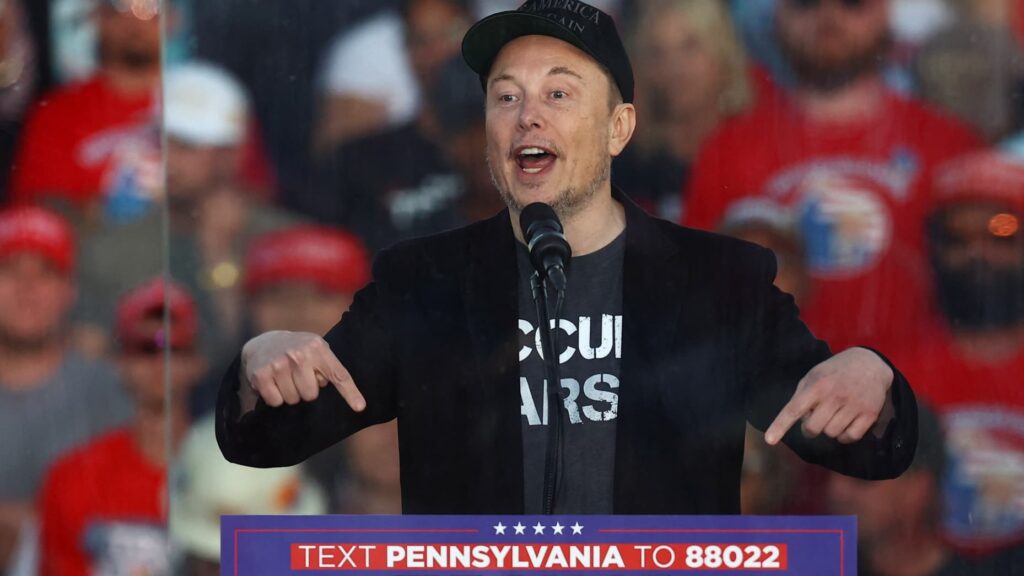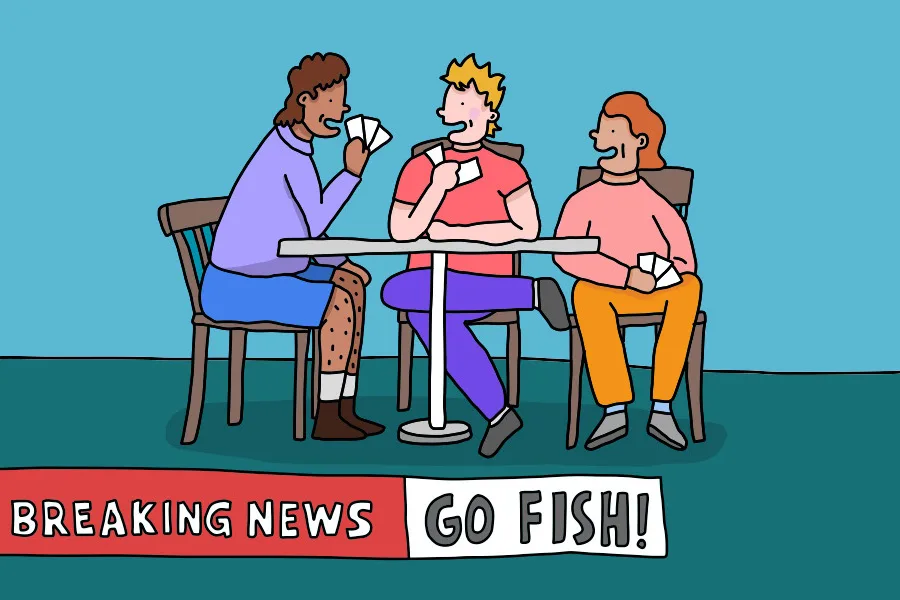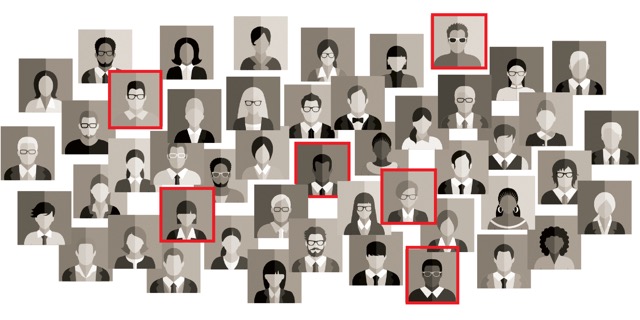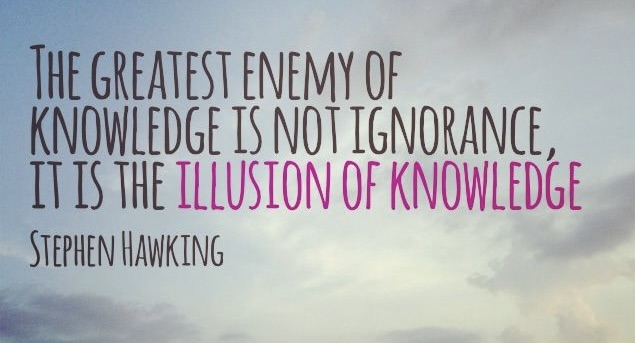
These days, it seems almost fool-hardy to flag another identity-based group—namely American boys & men—that needs our affirmative action.
Initiatives to help other disadvantaged groups are being purged in Washington these days, and if the MAGA Movement has foot soldiers, many are American boys & men who say they admire the same “toughness, strength and financial success” that Donald Trump (and his recent avatar, Elon Musk) represent. No “wokeness” or government handouts for them.
But considering where many of them find themselves today, boys & men also made Trump and Musk their aspirational role-models because of the “toughness, strength and financial success” that have eluded them. In the run up to November’s election, the Republicans recognized these deficits, even played to them—acknowledging a pocket of the electorate that the Democrats ignored because it could never shake the impression that it favored EVERYBODY BUT these boys & men.
It’s a voting block’s grievance that Arlie Hochschild confirmed for me in “Strangers in Their Own Land: Anger and Mourning on the American Right” (2016), a book that preoccupied me around the 2020 election. In this social scientist’s attempt to better understand Red State Americans, it became clear in conversation after conversation that most of them resented how much identity-group minorities “were enabled by the government” to get in front of them in the long line that ends in the American Dream. After all, they were struggling as hard (if not harder) to realize its promises too. Some felt forgotten, others victimized. Many of those that Hochschild interviewed were boys & men.
My pre-election post a few months ago, “Bro-Magnet Elon Musk is This Election’s October Surprise,”elaborated on the resentments that caused many boys & men to buy Trump’s pitch to them this time around. Many in the cohort already felt that “their masculinity was under siege.” Over the past 30 years, as American manufacturing jobs were gutted in swing states like mine, fewer have gone to college or found sustaining work after high school. Because of dim economic prospects, fewer have married than in the past, and many endure high rates of depression and suicide. (In the meantime, increasing numbers of women entered the workforce, becoming more independent financially.) The Republican Party did a masterful job emphasizing the “hyper-masculine-financially-successful” qualities of their candidate to a voting block that felt vulnerable in each of these ways. By the time the campaign reached October, Musk’s billionaire brand of defiant rebel made him a kind of pied-piper for boys & men who were starting to conclude that their country had turned against them.
It was in November that I heard Richard Reeves interviewed about Trump’s re-election in the light of his 2022 book, “Of Boys and Men: Why the Modern Male is Struggling, Why It Matters, and What to Do About It?” After hearing his remarks, I went to my local library and took out his book.
Reeves is a scholar at the Brookings Institution who makes recommendations about social policy for a living. He is also the father of three boys, at least one of whom has struggled mightily along the way. It means that in addition to the ambitious new policies that he proposes in “Of Boys and Men,” Reeves’ 20-odd years as a dad also illuminates this excellent book.
Unlike some of the politicians ascendant today, Reeves does not brand the quest for gender equality as either woke or unnecessary. Instead, his appeal addresses the real inequities facing boys & men in addition to those that persist for women & girls. Setting his table early on, he notes:
What is needed is a positive vision of masculinity that is compatible with gender equality. As a conscientious objector in the culture wars, I hope to have provided an assessment of the condition of boys and men that can attract broad support….We must help men adapt to the dramatic changes of recent decades without asking them to stop being men. We need a prosocial masculinity for a postfeminist world. And we need it soon.
Where the grievances and resentments of too many boys & men have root causes, we should address them for the sake of our politics (surely), but also because every American deserves the chance to thrive into adulthood.

Reeves “Of Boys and Men,” identifies three central challenges facing nearly every American boy & man today. As they grow into adulthood, there are developmental differences between boys and girls that have always existed in our classrooms but never been addressed by our education systems. At the same time, the poor job prospects for boys & men and confusion about their roles in society reflect economic changes in America that are so recent we have yet to absorb (let alone address) them. So while boys & men aren’t to blame for the sorry state in which they find themselves, Reeves believes there are effective steps that can and should be taken now to give them the boosts that they need.
1. Proven developmental differences between boys and girls as they grow up argue for ALL boys starting school one year later than girls of the same age so they don’t find themselves behind (and unable to catch up) by the time they reach the crucial high school years.
The science here is not in dispute, and I refer you to his extensive citations for the research behind boys’ developmental differences, their impacts by the time they reach secondary school, and the other findings that support Reeves’ policy recommendations.
The cerebellum in our brains reaches full size by age 11 for girls, but not until 15 for boys, Differences like this in the speed of brain development produce cascading effects over time. It also means that “[t]he gender gap in the development of skills and traits most important for academic success is widest at precisely the time when students need to be worrying about their GPA, getting ready for tests, and staying out of trouble” —in other words, the high school years. Moreover, since reading and verbal skills strongly predict college-going rates, boys as a group are even farther behind the girls in each of these areas by the time they leave high school.
It’s why male students are at higher risk of dropping out of college than any other group (including poor students). At the same time, there’s been too little investment in vocational education as an alternate path to qualify boys for sustaining work.
In light of these shortfalls, Reeves would give boys “the gift of time,” because “treating people the same (ie. equally) is not the same as treating them equitably.” That means giving boys—all boys, as a matter of education policy—an extra year of pre-K before starting them in school.
The main reason for starting boys later is no so that they will be a year older in kindergarten. It is so they will be a year older when they get to middle and high school.
In addition, he advocates for the recruitment of more male teachers to strengthen boys’ engagement in the classroom (“[t]here is solid evidence that male teachers boost academic outcomes for boys, especially in certain subject areas like English”) and to raise expectations (“[f]emale teachers are more likely than male teachers to see boys in their class as disruptive, while male teachers tend to have a more positive view of boys and their capabilities.’) And because boys, on average, tend to benefit from a more “hands-on” or practical approach to learning, Reeves argues for significantly more career and technical education (CTE) opportunities at a time when there has been “a precipitous decline” in those investments given the lingering “bias” in favor of the college-bound and a fear of stigmatizing students who choose the “lesser” vocational track.
2. At the same time that more women are entering the labor market, men have been losing significant ground in it from “the one-two punch” of automation and free trade.
America’s manufacturing heartland (including the swing states of Pennsylvania and Michigan) were gutted in terms of well-paying jobs when they were out-sourced to places with lower labor costs. The manufacturers that remained further reduced employment opportunities by automating. Among other things, fathers who made things in America’s factories were no longer able to pass those jobs down to their sons.
At the same time, “women make up most of the workforce in relatively automation-safe occupations, such as health care, personal services, and education.” Reeves calls these HEAL jobs (for health, education, administration and literacy), and it’s where the American labor market is growing fastest. As a result, he proposes building “a pipeline” for boys in the education system to prepare them for HEAL jobs, provide financial incentives that encourage more men to take them after graduation, and reduce “the social stigma” that men who end up working in these fields often face.
Overall, women now account for 27% of STEM workers, up from 13% in 1980….But the trend has been the other way in terms of male representation in HEAL-jobs. In 2019, 26% were held by men, down from 35% in 1980.
These trends are meaningful because “for every new STEM job created by 2030, there will be more than three new HEAL jobs.” And while HEAL jobs also tend to pay less, they offer higher degrees of job security (“we still need nurses and teachers in a recession”). And as we discovered during the pandemic’s “essential worker” debate, we are slowly coming to pay more for “essential work.”
To provide more plentiful job opportunities for boys & men, Reeves proposes “at least a $1 billion national investment” in the academic pipeline “for future male HEAL workers” in schools and colleges, for financial support for male students and workers in HEAL jobs, and for “social marketing” to make these kinds of career choices more appealing. For example:
I suggest that among candidates for teaching posts in health and education, a 2:1 preference should be given to male applicants. Before you report me to the Equal Employment Opportunity Commission, you should know that I didn’t pluck that number out of thin air. It is in fact the same preference that is currently given to female tenure-track professors in STEM fields…. [M]y argument is not that we should be doing less to attract women into STEM; it is that we should be doing as much to encourage men into HEAL. Two thoughts at once.
He also makes a strong case for increasing pay levels “in critical occupations” and for countering stereotypes (like male nurses being effeminate, or simply failed doctors) by more actively portraying these professions as “male appropriate” too. A national investment in better pipelines, higher pay, and reduced stigma needs to do far more of our talking here says Reeves, if we’re to improve the job prospects for boys & men.
3. With more moms in the workforce, more dads have lost their traditional roles as provider. For their well-being and self-esteem, these men need expanded roles within families that provide them with a re-newed sense of purpose in their relationships with their partners and children.
Reeves correctly notes that the mass migration of women into the labor market is a recent phenomenon, so while our society has absorbed these new workers, it has yet to focus adequately on what this new pecking order has meant for men. Or as Reeves observes: “The economic reliance of women on men held women down, but it also propped men up. Now the props have gone, and many men are falling.”
Reeves is more psychologist than economist in presenting today’s views about male identity and what should be done to improve them, arguing that married and marriage-age men today increasingly feel like “ships without sails.” Moreover, the impact on feelings of self-worth are even more profound for men with poor employment prospects in today’s economy.
[T]he very men who are least able to be traditional breadwinners are the most likely to be judged by their breadwinning potential. What this means is that men who fare poorly in the labor market are also likely to suffer in the marriage market, especially in the working class.
Reeves proposes several solutions, but his key proposal is “to establish a new basis for fatherhood, one that embraces the huge progress we have made toward gender equality.” With women bearing more breadwinning responsibilities, men could be undertaking more care-giving responsibilities, giving them a larger stake in the family’s success and the promise of greater satisfaction individually.
From a policy perspective, that means both mandatory and paid 6-month-long parental leave for moms (when the kids are youngest and need them most) and for dads (when the kids are adolescents and would benefit most from learning “life skills” from their fathers). Reeves argues that “[s]ix months of leave is necessary to allow parents to spend meaningful time with their children without losing all connection to the labor market.”
I came away from “Of Boys and Men” thinking that the policies Reeves proposes would go a long way towards calming parents today who are “generally more worried about their sons ‘growing up to be successful adults’ than they are about their daughters.”
Enhancing the self-worth of vulnerable boys & men might also reduce the amount of influence that role-models like Trump and Musk exerted over so many of them in the last election.

Reading Reeves’ book brought me back to his November 11, 2024 interview on Amanpour & Company (linked above) which focused almost entirely on “The Male Vote.”
Adding his voice to the election post-mortem, Reeves wasn’t at all surprised that the boys & men who voted preferred the Republicans. To the extent that the Democrats reached out to them as a voting block at all, it was derivatively.
There was not really an alternative [to the Trump-Musk view of masculinity] put in front of them….In the final stages of the campaign, young men were being urged to vote for the Democrats if they love the women in their lives [which was essentially a pro-Choice argument], and that’s not good enough.
It’s not to say that we don’t care about the other people in our lives, but you are essentially asking men to vote for Democrats because the Democrats stand for women. Well, that’s a flawed political strategy.
This failure surprised Reeves even more because, with Tim Walz on the ticket, the Democrats had the poster boy for some powerful counter-messaging.
In particular [Walz’s] biography. He was the first career public school teacher to run for higher office. Not only that, [he was] a coach. You had his students [football players at the Democratic National Convention] lauding the masculinity he had demonstrated.
If there was any candidate who could have plausibly set out a [more] positive vision for the role of men in society today…it’s hard to think of a better example than Tim Walz. It was easy to imagine him giving powerful speeches, running strong advertising campaigns, directly targeted at young men with an empathetic, respectful policy-based message.
None of that happened.
Reeves doesn’t claim to be giving the Democrats a better chance at a winning formula going forward. In fact, he’s felt the urgent need to come up with solutions that can attract bi-partisan support.
Many boys & men in the past election were swing voters, feeling economic and even deeper levels of anxiety about their futures through no particular fault of their own.
They voted for the only candidate who reached out to them directly, even though much of that outreach played to their insecurities.
But there’s a different way forward for American boys & men than grievance-based appeals. It’s one that acknowledges the most basic problems they face today while proposing a plan to address them.
Our local, state and federal leaders on both sides of the aisle could get behind policies and investments that will improve the lot of boys & men before any more of their opportunities are lost.
They could start with this timely gift from Richard Reeves.
This post was adapted from my February 2, 2025 newsletter. Newsletters are delivered to subscribers’ in-boxes every Sunday morning, and sometimes I post the content from one of them here. You can subscribe by leaving your email address in the column to the right.












